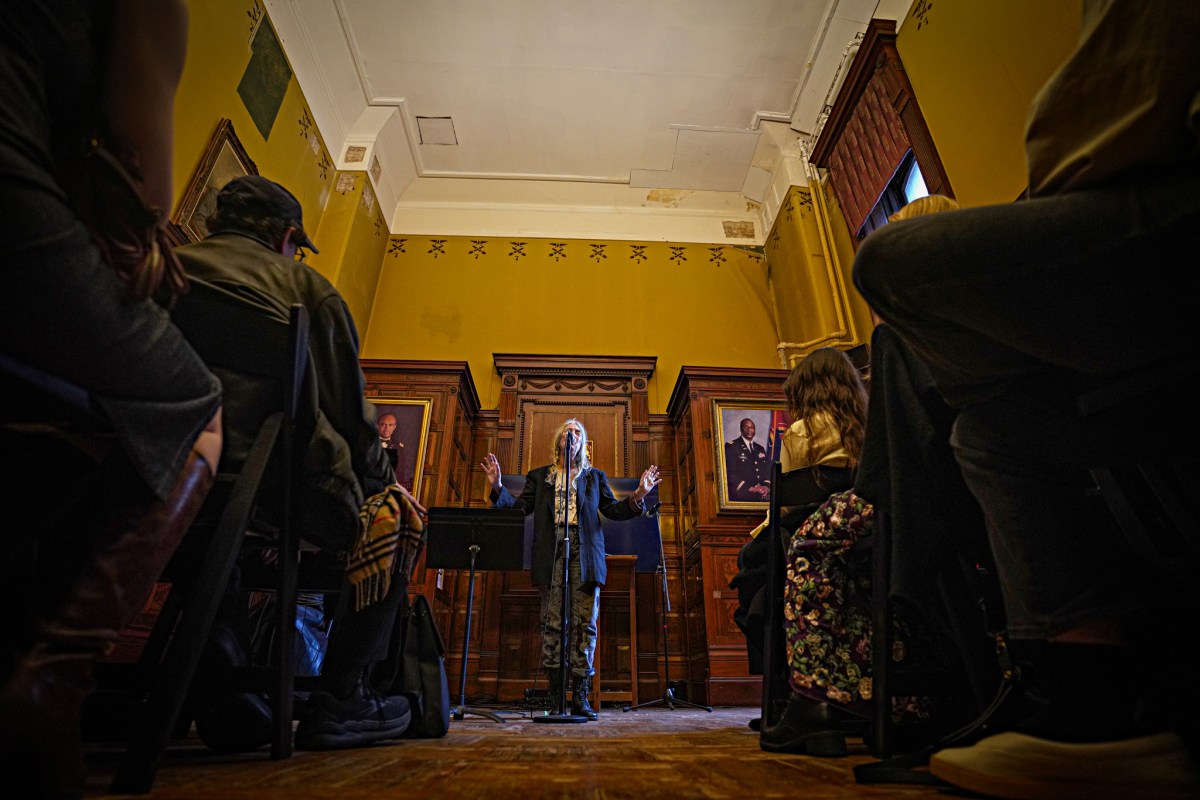At the National Focus Group on Culture Conference, organised by the Federal Ministry of Arts and Culture (FMAAC), Nigerian Economic Summit Group (NESG), and UNESCO, experts discussed key barriers to financing Nollywood projects. President of the Directors Guild of Nigeria, Dr. Victor Okhai, and general manager at the LED Directorate, Bank of Industry (BoI), Nkechi Nwuka, highlighted informal business practices, lack of transparency, ignorance, and inaccessibility to funding information as major challenges preventing the growth of Nollywood, especially when compared to industries like Bollywood and Hollywood.
According to Okhai, while Nollywood is the second-largest film industry in the world, producing 2,000 films annually and generating N600 million in revenue, its contribution remains significantly lower due to several internal challenges. These challenges include informal business practices, where deals are made through word of mouth or handshakes instead of formal contracts, and movies are often made for platforms like YouTube. This lack of structure and transparency discourages potential investors.

Okhai also pointed out issues like piracy, the absence of regulation and structure in the industry, copyright violations, and the lack of tailored financial products for culture and tourism businesses in financial institutions. “We don’t have financial provisions tailored to us (creatives and filmmakers) in a way that we can effectively access them,” Okhai said. “There is a need for the formalisation of structure in Nollywood, along with data-gathering services to aggregate and share information with investors and policymakers.
” Nwuka, on the other hand, pointed out that ignorance and inaccessibility of information are major obstacles preventing filmmakers from accessing available funds. She shared insights from BOI’s first funding intervention aimed at the cinema industry, noting that many creatives lacked understanding of how to access funding. She highlighted gaps such as filmmakers applying for loans without business plans or proper funding strategies in place to support their projects.
Creatives often do not meet collateral requirement, and have zero plan or strategy for paying back sought loans. “Some believe its government money. But as the process continued most retreated when it became clear that they will have to repay the loan.
Similarly, she identified misappropriation of funds and absence of partnership/collaboration as key issues in creatives accessibility of loans from the bank. “Some of our clients have issues of fund diversion. However, with those who pull through the process and deployed the funding appropriately standout.
This encourages the bank to do more. “Likewise, there were barely any partnership and collaborative projects, rather we found that a good number of creatives are trying to access these loans individually. This has improved over the years,” concluded Nwuka.
The National Focus Group On Culture virtual conference convened stakeholders in Nigeria’s culture industry who mulled over the challenges of the culture, proffering solutions to the challenges, and whilst promoting collaboration among the diverse stakeholders in the cultural sector ecosystem as it transits to a sector that contributes economically to the nation’s GDP. We’ve got the edge. Get real-time reports, breaking scoops, and exclusive angles delivered straight to your phone.
Don’t settle for stale news. Join LEADERSHIP NEWS on WhatsApp for 24/7 updates →.
Entertainment

Lack Of Structure, Regulation, Transparency Hindering Nollywood Financing

At the National Focus Group on Culture Conference, organised by the Federal Ministry of Arts and Culture (FMAAC), Nigerian Economic Summit Group (NESG), and UNESCO, experts discussed key barriers to financing Nollywood projects. President of the Directors Guild of Nigeria, Dr. Victor Okhai, and general manager at the LED Directorate, Bank of Industry (BoI), Nkechi [...]















